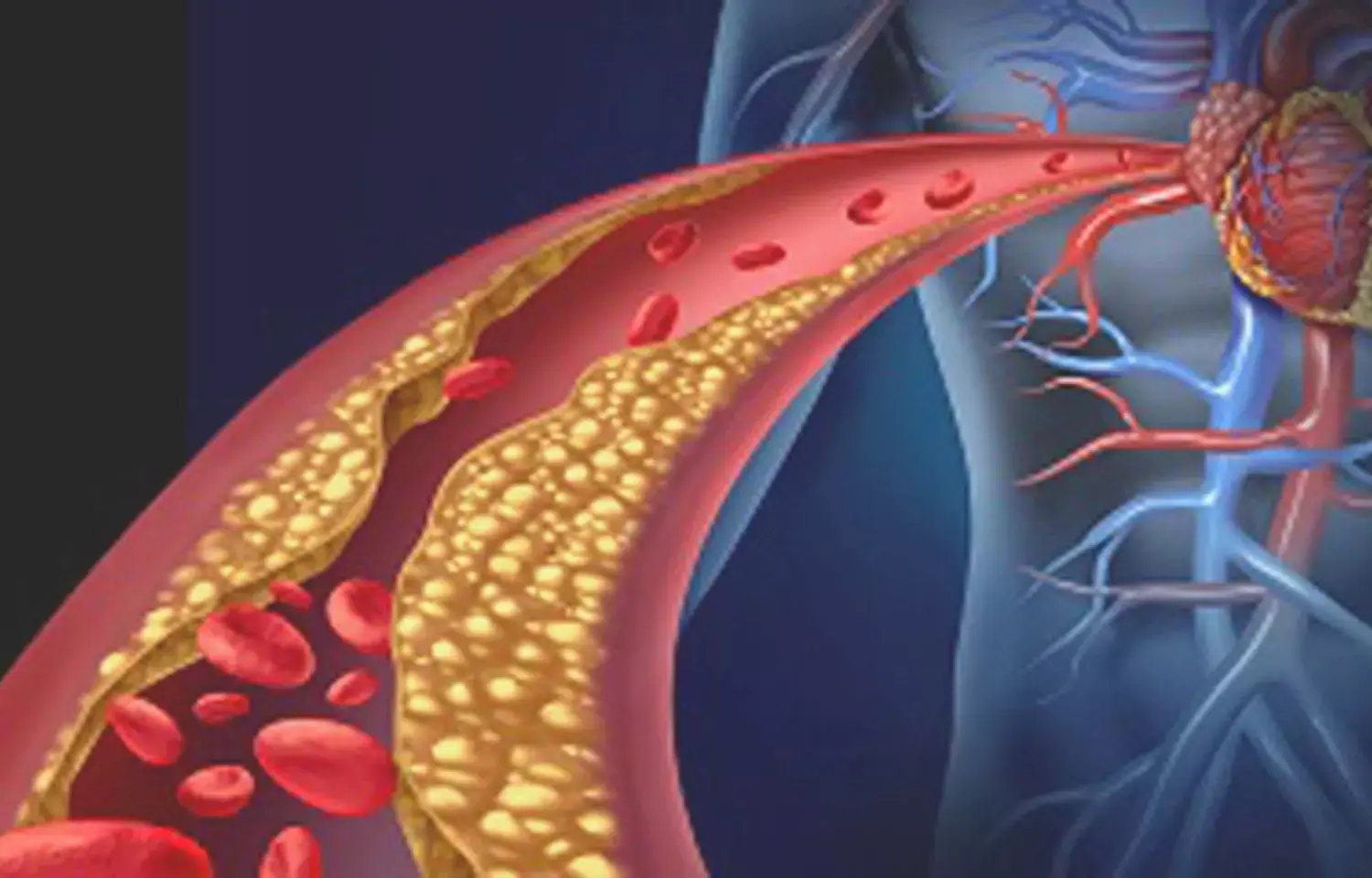- Home
- Medical news & Guidelines
- Anesthesiology
- Cardiology and CTVS
- Critical Care
- Dentistry
- Dermatology
- Diabetes and Endocrinology
- ENT
- Gastroenterology
- Medicine
- Nephrology
- Neurology
- Obstretics-Gynaecology
- Oncology
- Ophthalmology
- Orthopaedics
- Pediatrics-Neonatology
- Psychiatry
- Pulmonology
- Radiology
- Surgery
- Urology
- Laboratory Medicine
- Diet
- Nursing
- Paramedical
- Physiotherapy
- Health news
- Fact Check
- Bone Health Fact Check
- Brain Health Fact Check
- Cancer Related Fact Check
- Child Care Fact Check
- Dental and oral health fact check
- Diabetes and metabolic health fact check
- Diet and Nutrition Fact Check
- Eye and ENT Care Fact Check
- Fitness fact check
- Gut health fact check
- Heart health fact check
- Kidney health fact check
- Medical education fact check
- Men's health fact check
- Respiratory fact check
- Skin and hair care fact check
- Vaccine and Immunization fact check
- Women's health fact check
- AYUSH
- State News
- Andaman and Nicobar Islands
- Andhra Pradesh
- Arunachal Pradesh
- Assam
- Bihar
- Chandigarh
- Chattisgarh
- Dadra and Nagar Haveli
- Daman and Diu
- Delhi
- Goa
- Gujarat
- Haryana
- Himachal Pradesh
- Jammu & Kashmir
- Jharkhand
- Karnataka
- Kerala
- Ladakh
- Lakshadweep
- Madhya Pradesh
- Maharashtra
- Manipur
- Meghalaya
- Mizoram
- Nagaland
- Odisha
- Puducherry
- Punjab
- Rajasthan
- Sikkim
- Tamil Nadu
- Telangana
- Tripura
- Uttar Pradesh
- Uttrakhand
- West Bengal
- Medical Education
- Industry
Carotid artery plaques in stroke patients up the risk for recurrent ischemic stroke or TIA: JACC

Germany: Stroke patients with complicated carotid artery plaques (CAPs) are at a higher risk of recurrent ischemic stroke or transient ischemic attack (TIA) compared to those without, finds a recent study in the Journal of the American College of Cardiology (JACC). In patients with a cryptogenic stroke etiology, this risk was accentuated.
Imaging of carotid plaque may help in identifying high-risk patients who might be eligible for inclusion in future prevention trials. However, enthusiasm for such trials may be reduced by the need for a contrasted MRI to diagnose the most complicated carotid plaques, resulting in considerable expense and decreased generalizability.
Complicated carotid plaques are those with an intraplaque hemorrhage, ruptured fibrous cap, or associated mural thrombus. Complicated nonstenosing carotid artery plaques are an under-recognized cause of stroke. Anna Kopczak, Institute for Stroke and Dementia Research, University Hospital, LMU Munich, Munich, Germany, and colleagues aimed to determine whether complicated CAP ipsilateral to acute ischemic anterior circulation stroke (icCAP) are associated with recurrent ischemic stroke or transient ischemic attack in a prospective cohort study.
For this purpose, the researchers recruited patients restricted to the territory of a single carotid artery in their CAPIAS (Carotid Plaque Imaging in Acute Stroke) multicenter study. Complicated (AHA-lesion type VI) CAP was defined by multisequence, contrast-enhanced carotid magnetic resonance imaging obtained within 10 days from stroke onset.
Assessment of recurrent events was done after 3, 12, 24, and 36 months. Recurrent ischemic stroke or TIA was the primary outcome.
Based on the study, the researchers reported the following findings:
- Among 196 patients enrolled, 104 patients had a cryptogenic stroke and nonstenosing CAP.
- During a mean follow-up of 30 months, recurrent ischemic stroke or TIA occurred in 21 patients.
- Recurrent events were significantly more frequent in patients with icCAP than in patients without icCAP, both in the overall cohort (incidence rate [3-year interval]: 9.50 vs 3.61 per 100 patient-years) and in patients with cryptogenic stroke (10.92 vs 1.82 per 100 patient-years).
- The results were driven by ipsilateral events. A ruptured fibrous cap (HR: 4.91) and intraplaque hemorrhage (HR: 4.37) were associated with a significantly increased risk of recurrent events in patients with cryptogenic stroke.
The researchers conclude, "cCAP ipsilateral to acute ischemic anterior circulation stroke is associated with a substantially increased risk of recurrent ischemic stroke or TIA."
"Carotid plaque imaging identifies high-risk patients who might be suited to be included in future secondary prevention trials."
Reference:
Complicated Carotid Artery Plaques and Risk of Recurrent Ischemic Stroke or TIA. J Am Coll Cardiol 2022;79:2189-2199.
Dr Kamal Kant Kohli-MBBS, DTCD- a chest specialist with more than 30 years of practice and a flair for writing clinical articles, Dr Kamal Kant Kohli joined Medical Dialogues as a Chief Editor of Medical News. Besides writing articles, as an editor, he proofreads and verifies all the medical content published on Medical Dialogues including those coming from journals, studies,medical conferences,guidelines etc. Email: drkohli@medicaldialogues.in. Contact no. 011-43720751


